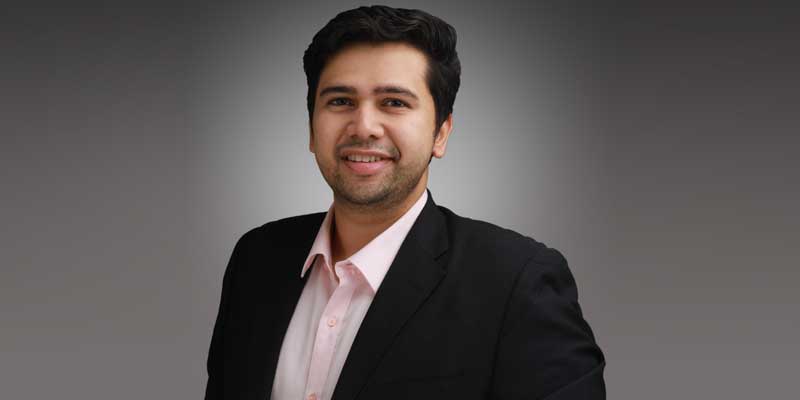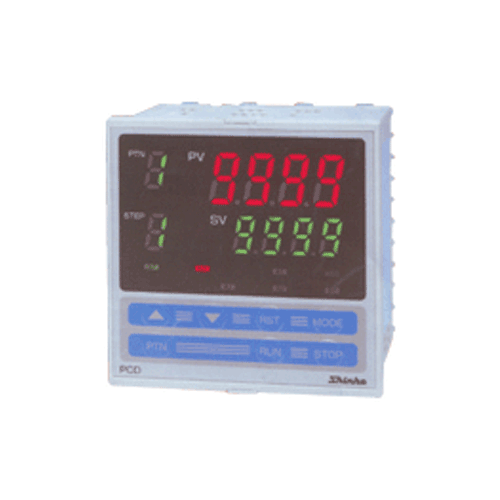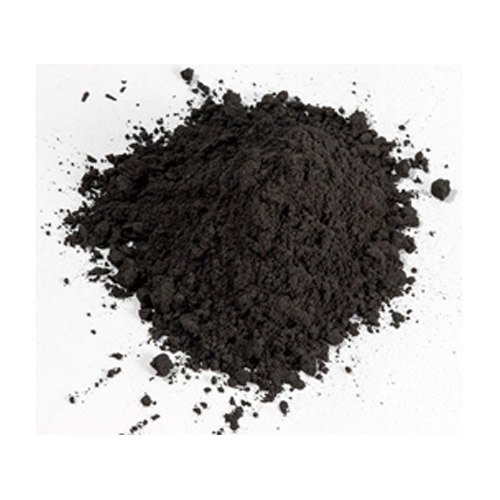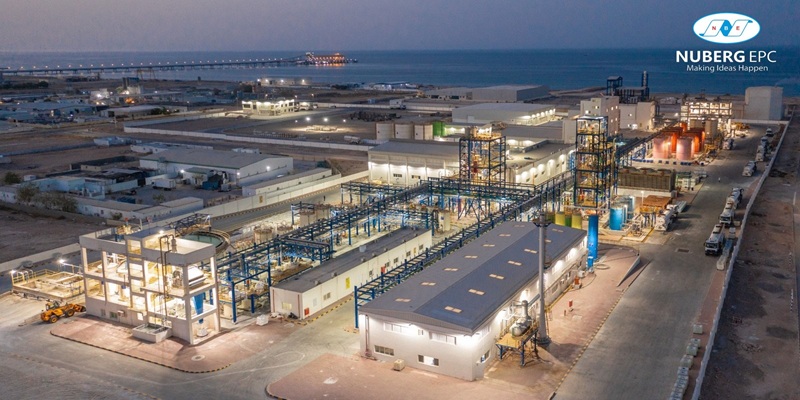Schedule a Call Back
Installation of FGD units represents Rs 60 bn market potential: Adheesh Ramani
 Interviews
Interviews- Oct 25,24

Related Stories

Toyota, Honda Step Up Investments to Make India Auto Hub
Japanese carmakers boost India presence as they cut dependence on China
Read more
India’s Solar Module Capacity to Cross 125 GW, Raising Surplus Fears
Industry faces overcapacity risks as production triples domestic demand
Read more
Aimtron Electronics Posts 112.5% YoY Revenue Growth in H1 FY26, Expands ODM
Aimtron Electronics achieves 112.5 per cent YoY revenue growth in H1 FY26, fueled by strong export, defence, IoT, and ODM sectors. Secures major contracts and fundraise.
Read moreRelated Products

Programmable Controllers - Pcd-33a Series
Pro-Med Instruments (P) Ltd offers a wide range of programmable controllers - PCD-33A Series.

Gasket Graphite Powder
Arihant Packing & Gasket Company offers a wide range of gasket graphite powder.
Asahi Kasei expands 3D printing filament sales in North America
Asahi Kasei, a leading resin and compounding technology provider, has initiated the sales of 3D printing (3DP) filaments in North America through Asahi Kasei Plastics North America (APNA). The soft la Read more
















